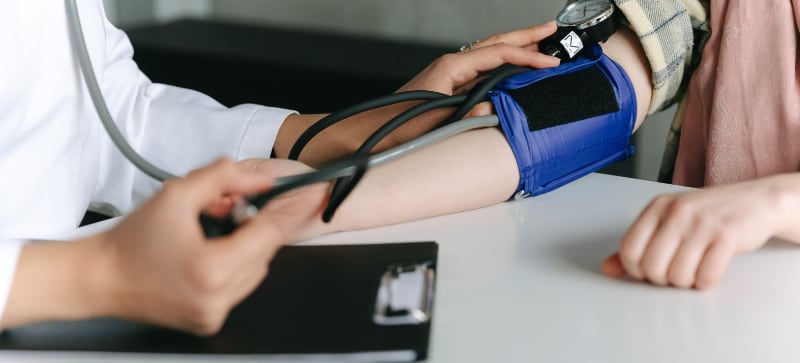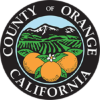Alcohol is a highly addictive substance. It changes how your brain works and creates powerful cravings that can overwhelm your behaviors and take hold of your daily life.
But it is socially acceptable to drink, so the stigma over getting help for alcohol addiction can be even more shameful. Or just put off because it’s “not that bif of a deal.” But alcohol use disorder is a real, life-threatening disease. And an alcohol detox in Orange County is the best option for finding the root causes of alcohol addiction and getting the tools to finally experience joyful, sustained sobriety.
What Is Alcohol Dependence?
Alcohol is a depressant, which means it slows down your body’s functions and reactions. When you drink alcohol regularly, your body builds up a tolerance to it. This means that you need more alcohol to feel the same effects as when you used to drink less. Over time, this can lead to dependence on alcohol. If you suddenly stop drinking or decrease the amount of alcohol you consume, your body will go into withdrawal as it tries to adjust itself back to normal function.
What Is Alcohol Detox?
If you are considering an alcohol detox in Orange County, it is important to understand the process. Put simply, alcohol detox is the process of removing alcohol from the body of someone who has become physically dependent on it. This process typically involves a period of abstinence from alcohol. During that time their body will through a series of withdrawal symptoms as it adjusts to functioning without the presence of alcohol.
Because alcohol detox can be a dangerous process, it should always happen in a safe, monitored environment. The withdrawal symptoms can be life-threatening. Cold turkey quitting of alcohol can actually lead to dehydration, which can cause imbalances in electrolytes and potentially lead to seizures or cardiac arrhythmias.
Alcohol Detox: Withdrawal Side Effects
When someone stops drinking alcohol suddenly after heavy use over an extended period, they experience alcohol withdrawal symptoms. There are three main withdrawal symptoms: physical, mental, and emotional. These symptoms can make it difficult for people trying to quit drinking on their own to continue abstaining from alcohol. These symptoms are usually caused by alcohol’s effects on neurotransmitters (chemicals in your brain that carry signals between nerves) and how they relate to mood regulation, sleep patterns, and pain tolerance.
- Withdrawal symptoms that will likely occur in detoxification include:
- Anxiety or nervousness
- Depression
- Irritability or mood swings
- Tremors or shaking
- Nausea and vomiting
- Headache
- Sweating and clammy skin
- Insomnia or disturbed sleep
- Hallucinations or delirium tremens (DTs)
- Seizures
- Elevated heart rate and blood pressure
- Dehydration
- Confusion or disorientation
If someone stops drinking all at once, they will likely experience severe withdrawal symptoms. This is why quitting alcohol “cold turkey” is not recommended. Though these symptoms are due to the abrupt cessation of alcohol consumption, they can be alleviated by anti-nausea drugs, analgesics (pain relievers), and sedatives.







